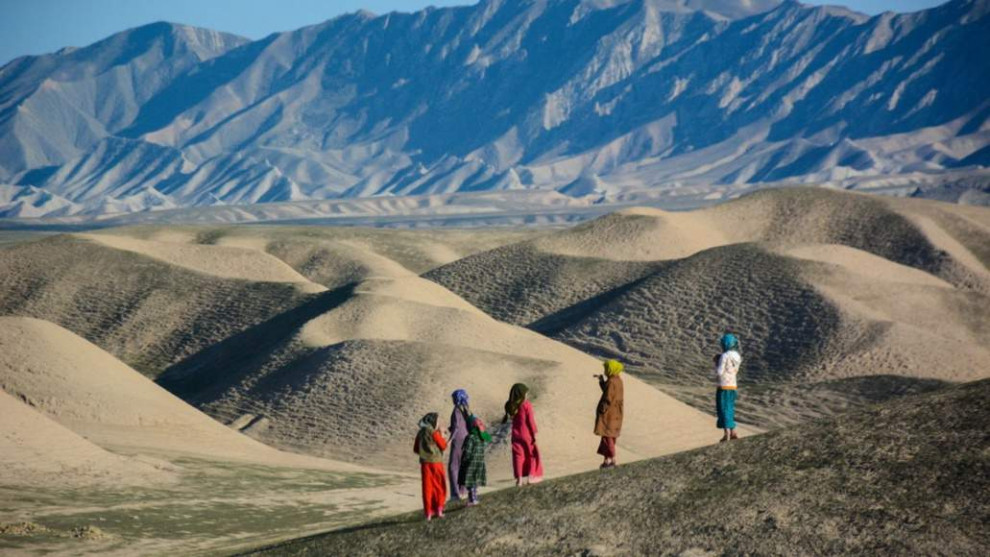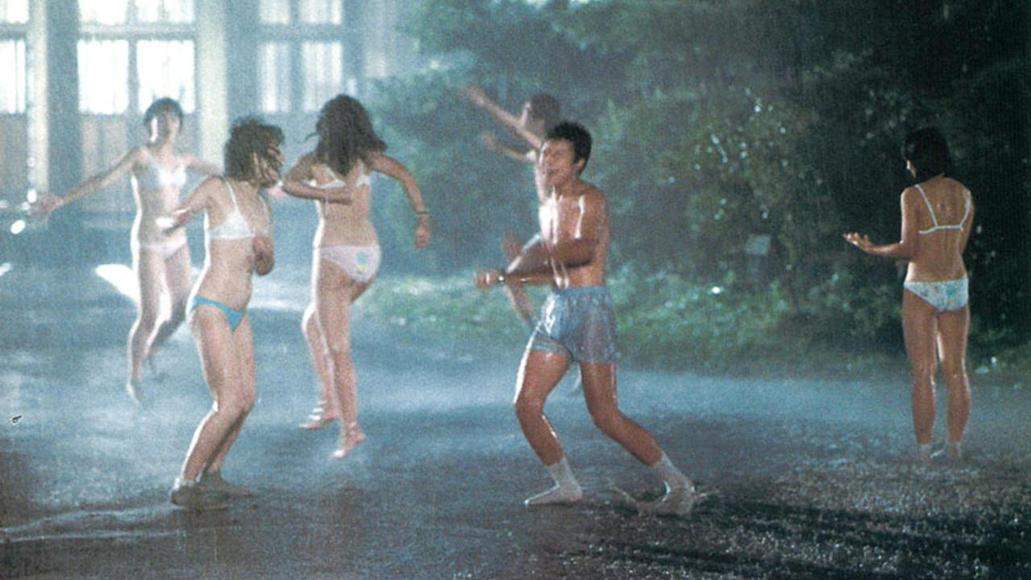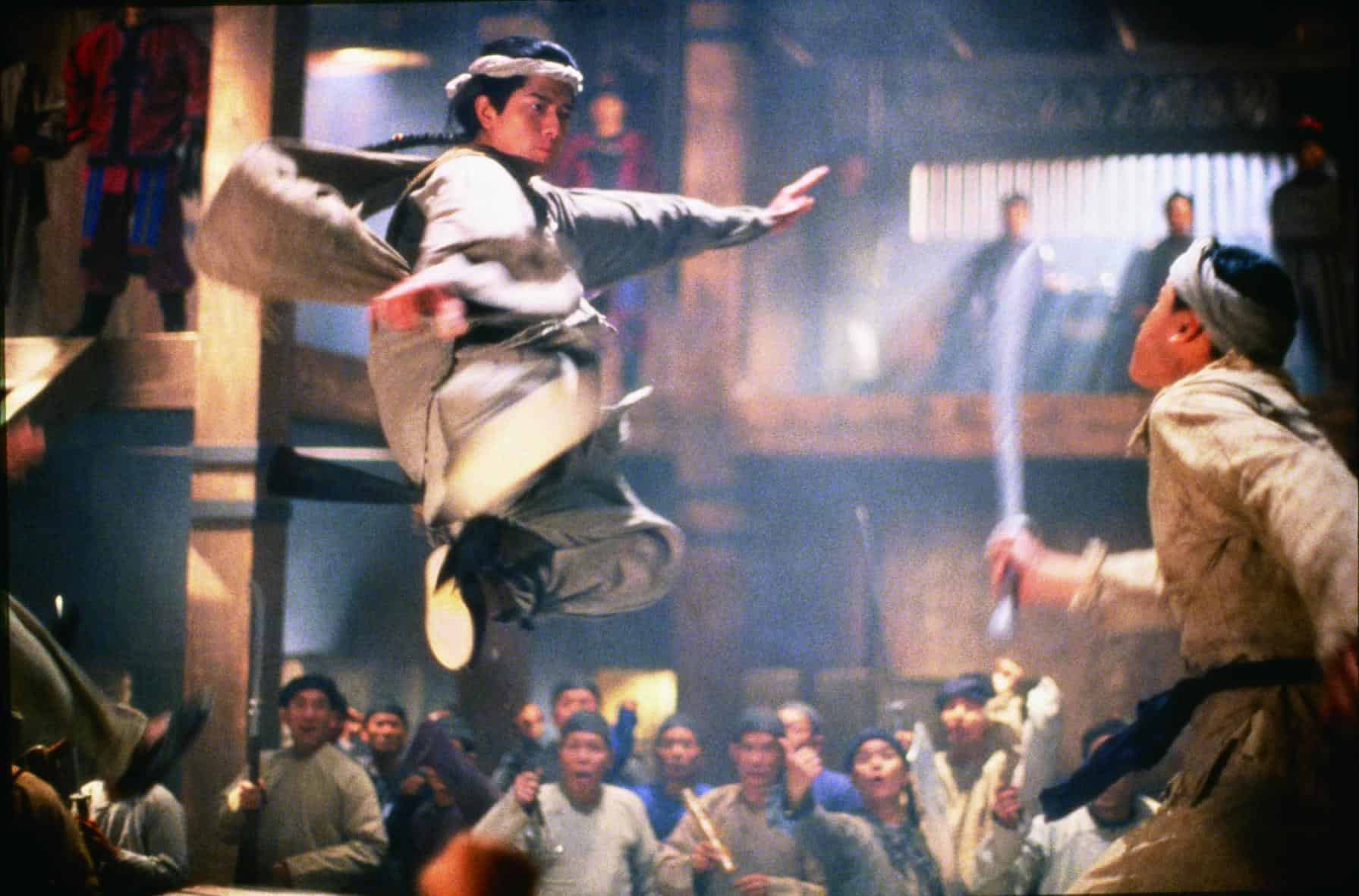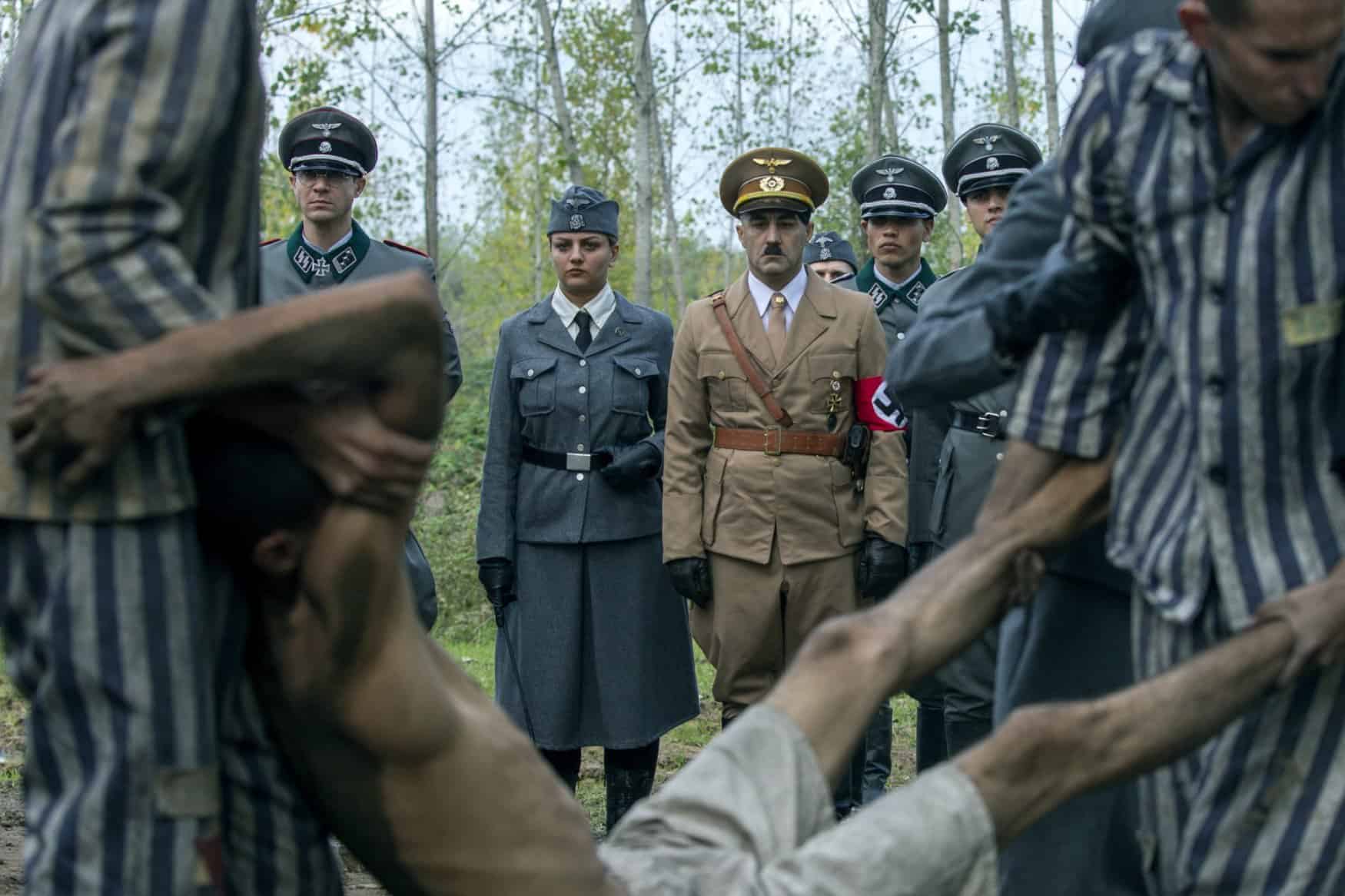“Education is one of the blessings of life – and one of its necessities.” When Pakistani activist Malala Yousafzai was given the Nobel Peace Prize in 2014 the Norwegian Nobel Committee awarded a person standing for human rights and for the right to equal education, an issue she raised further in her acceptance speech where the aforementioned statement is taken from. Even though many Western societies have accepted education as a given right, the reality of children, especially women being denied to visit a school and suffering under the strict patriarchal rule, is still a pressing matter within many places of our world. In his debut feature “Among the Hills” director Mohammad Reza Keivanfar aims to discuss the issue of education as a “foundation of any change in the world” by telling a story set in a very remote space within his home country Iran “in a context of visual beauty”.
“Among the Hills” is screening at Vesoul International Film Festival of Asian Cinema 2020

Eager to make a living as a teacher Amir (Amir Shams) is sent to a remote border area where he has to teach the children of the nomads who are the only people living there. However, as soon as he arrives, he is met with hostility, with the owner of the bus, which serves as the school, blaming him for the run-down state of the vehicle and throwing him out. As Amir wanders through the hills meeting several nomads, mostly shepherds, he learns about their isolated, but content lives and that the last thing they need is a teacher or education for that matter.
On his journey Amir tries to communicate with the nomad people who give him food and drink, but in the end distance themselves from him as well as he from them. As he hears about their treatment of women and girls, who are married at a very young age and live under the strict rule of their fathers and brothers, Amir attempts to address the issue, but finds himself increasingly frustrated by the irritation he causes and how no one seems to care about his words. In the end, he has to ask himself whether he can really change anything for these people, and also if he can live with them.

Although Keivanfar has certainly made a film about the necessity of education, he also tells a deeply absurdist tale about the use of education and indeed civilization. Aside from the rather dreary ending, his film is at its best when Hamid Reiza Keivanfar's camera captures the beautiful emptiness of the country Amir walks through, emphasizing the Sisyphean task of bringing civilization to people absorbed by backwardness and superstition. In a way he has more in common with a protagonist in one of the novels by Franz Kafka, who feels increasingly frustrated and at a loss with circumstances he cannot control anymore and with decisions about himself that have been made by others. All of the education and civilization he stands for only leads to a dead end.
Throughout the film, we find remnants of civilization, most of which have no use anymore, or which are infested by corrosion and dirt. The bus, meant to serve as a school, is perhaps the best metaphor for this place outside the modern, urban world and which is content living with traditions or attitudes more fitting to the Middle Ages. Subsequently, the beauty of the country has changed in the eyes of the viewer and only further highlights how cut-off these people are.
“Among the Hills” is a challenging film to watch. While its absurd nature and most of its cinematography are positive aspects of the film, it also leaves its viewer with a bitter aftertaste, which is certainly intended, but shows the powerlessness of civilization over backwardness, a notion that is quite problematic.















